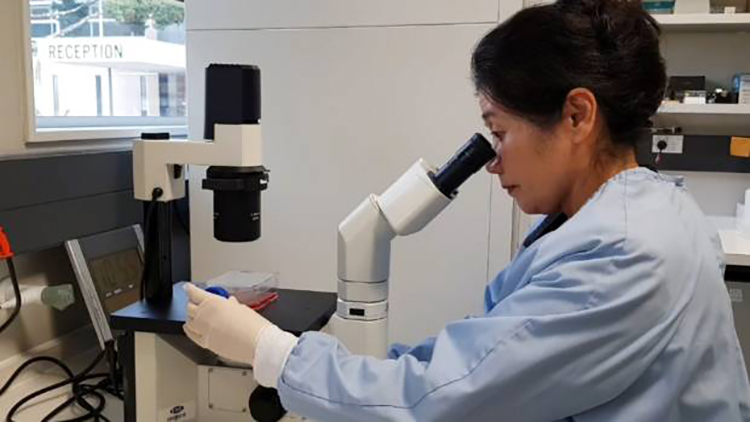
Mothers and infants in the Wellington region are set to play an important role in global research to develop a universal flu vaccine.
ESR researchers are currently seeking pregnant women in Wellington to participate in the study to see how their child’s first exposure to the flu virus, influences their immune response throughout life.
The “WellKiwis” study aims to monitor flu and flu-like illness in 600 Wellington children for seven years through to March 2026.
Mothers and infants in the Wellington region will be joining groups in Nicaragua, and United States as part of an international collaboration being led by St Jude Children’s Research Hospital in Memphis.
ESR’s National Influenza Centre has been selected by the US National Institutes of Health for the US$3.2 million research project.
Principal Investigator, ESR’s Dr Sue Huang says the purpose of WellKiwis is to provide information to enable scientists and researchers to develop more effective and longer lasting vaccines to prevent flu for our future populations.
“We have seen increasing scientific reports showing how the human immune system is primed by its first exposure to flu in childhood. Unravelling the codes of this childhood imprinting may allow us to identify those imprints that ‘memorise’ certain flu viruses which change little and differ little between flu strains.”
Flu, unlike a common cold, is a serious illness affecting hundreds and thousands of people globally. In New Zealand, young children and the elderly are particularly vulnerable to its infection.
Dr Sue Huang says this information gathered in the study may help in the development of a universal vaccine.
“We could produce broadly reactive and longer lasting antibodies to protect a population against multiple flu strains (including new pandemic strains). This would mean a vaccine shot once every three to five years rather than annually.”
WellKiwis study staff will monitor a child’s flu-like illness for seven years through regular surveys.
Over the course of the study, a once-only baseline cord blood sample from the birth mother and an annual blood sample will be collected from each child.
Additional samples will be needed if a child has a flu virus infection or flu vaccine.
“This study is important, as it adds to the scientific knowledge about the body’s immune responses to the flu in early childhood” says Dr Huang.
ESR aims to recruit 200 babies per year, for the next three years.
Anyone seeking more information about the WellKiwis study or interested in enrolling their newborn or infant in the study, should contact their lead maternity carer (LMC), GP or by phoning 08004WELLKIWIS – 0800 493555.
Information for prospective parents and participants can be found on the ESR website.